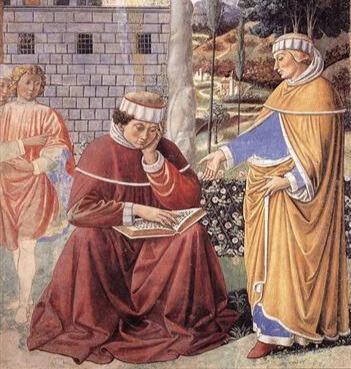
Submitted by Juliet Margerison on Mon, 06/10/2025 - 14:28
The Divinity Faculty is delighted to announce the launch of a new MPhil pathway in Theology and Literature.
Taught by senior members of the Divinity and English Faculties, the MPhil pathway will offer students with a background in theology and religious studies or literary studies the opportunity to explore new perspectives in a lively and growing interdisciplinary field.
A dedicated MPhil studentship in Theology and Literature is available.
The pathway convenor, Dr Giles Waller writes:
The last 30 years have seen a flourishing of interdisciplinary interest in theology and literature. Literary scholars are increasingly questioning the assumed secular parameters of the discipline, while theologians are turning to literary texts and criticism to explore theological resonances and resources. On both sides of this engagement, a more superficial study of common themes has developed into a deeper attention to the irreducibility of form, the ‘heresy’ of both theological and critical paraphrase, and the ways in which texts themselves might be theologically efficacious.
Post-critical approaches have challenged a hermeneutics of suspicion, such that literary scholars are increasingly alert to the theological questions and dynamics that run through texts and their critical reception. At the same time, theologians are developing a renewed interest in the affective and spiritual pedagogies of theological texts, and in the ways in which literary texts might challenge and deepen theological understanding and living. Both of these dimensions are most readily opened up by theologically informed modes of literary analysis.
The MPhil pathway in Theology and Literature seeks to unite the two halves of this interdisciplinary conversation, being jointly taught by senior members of the Divinity and English Faculties in Cambridge. The pathway covers a wide array of theoretical, methodological, and critical approaches in this burgeoning field, with primary texts ranging from Patristic theology to contemporary poetry.
For more information see the pages on the new pathway.
